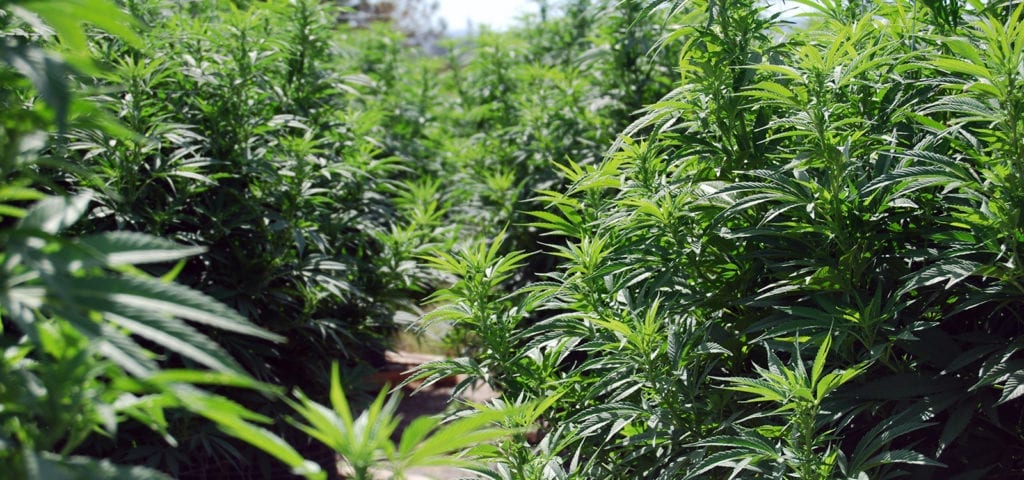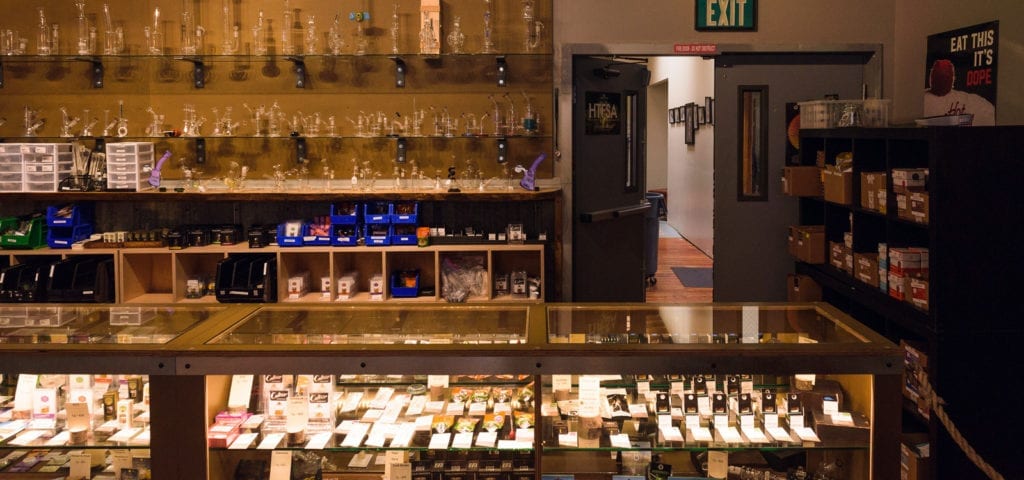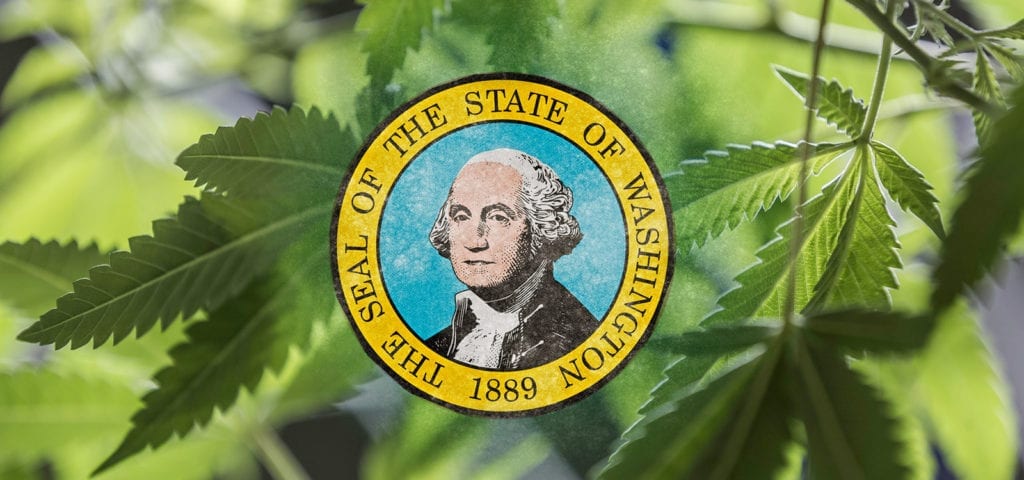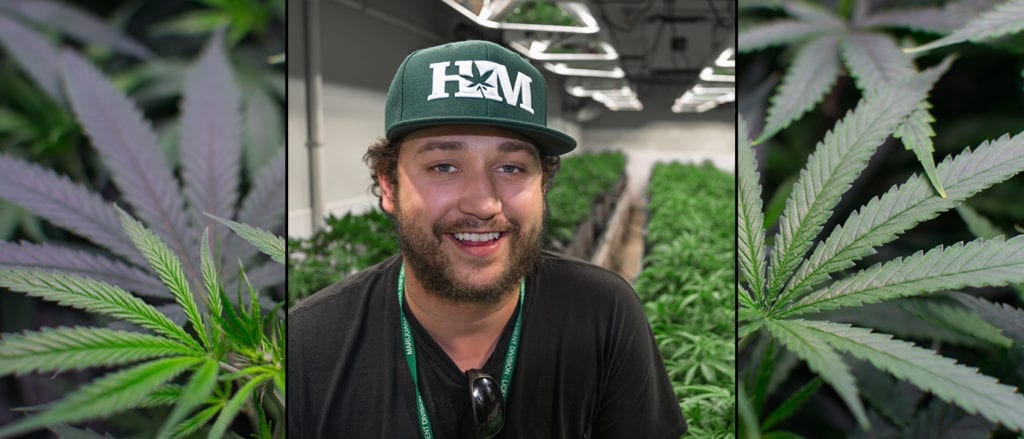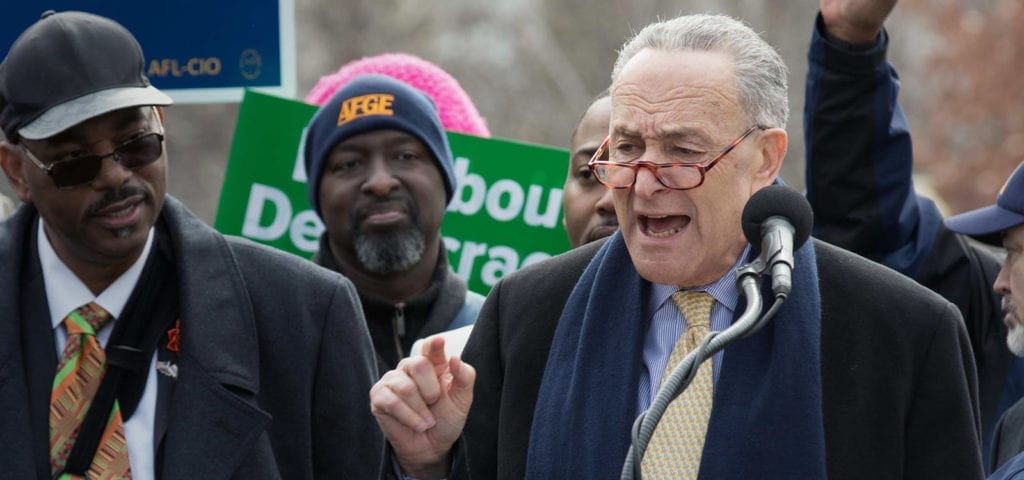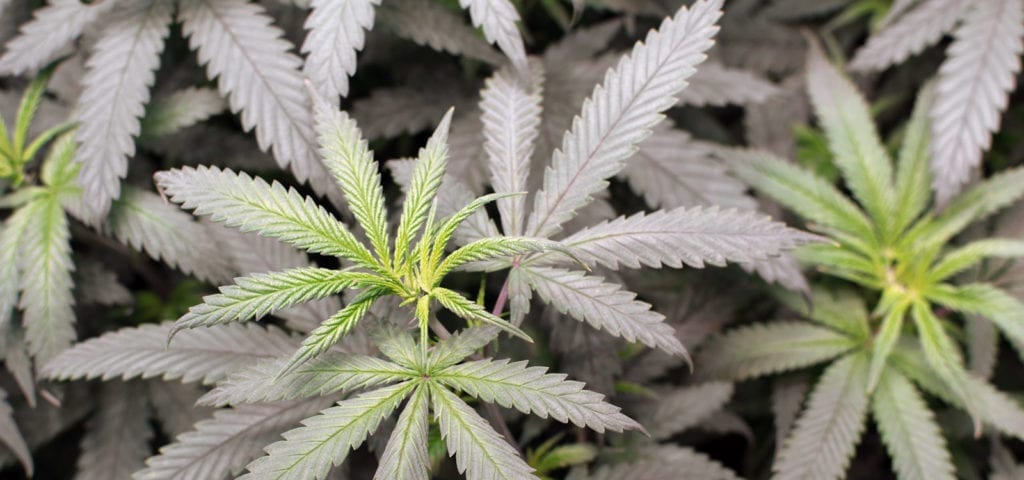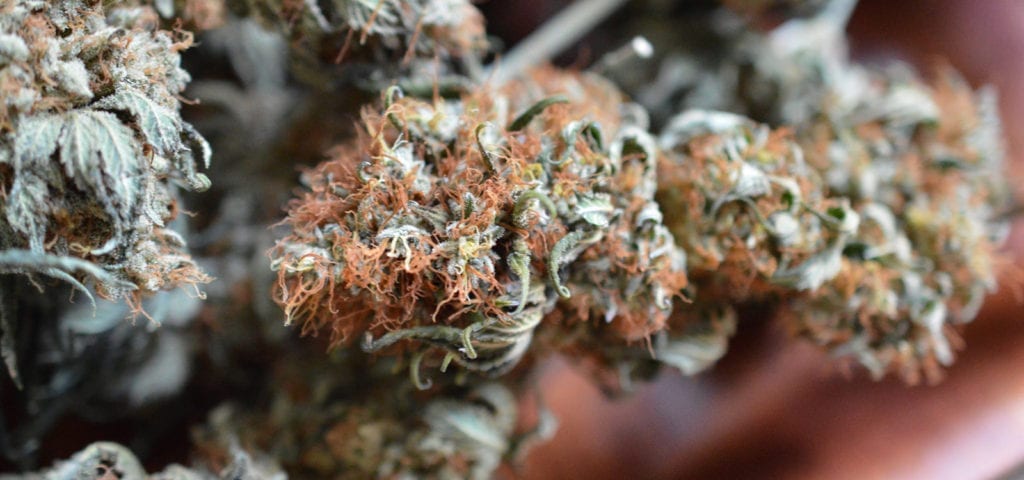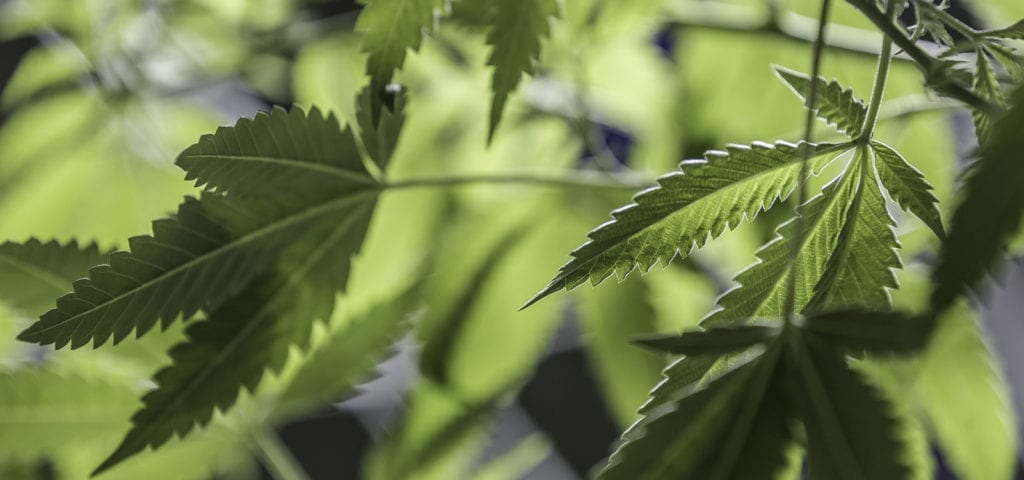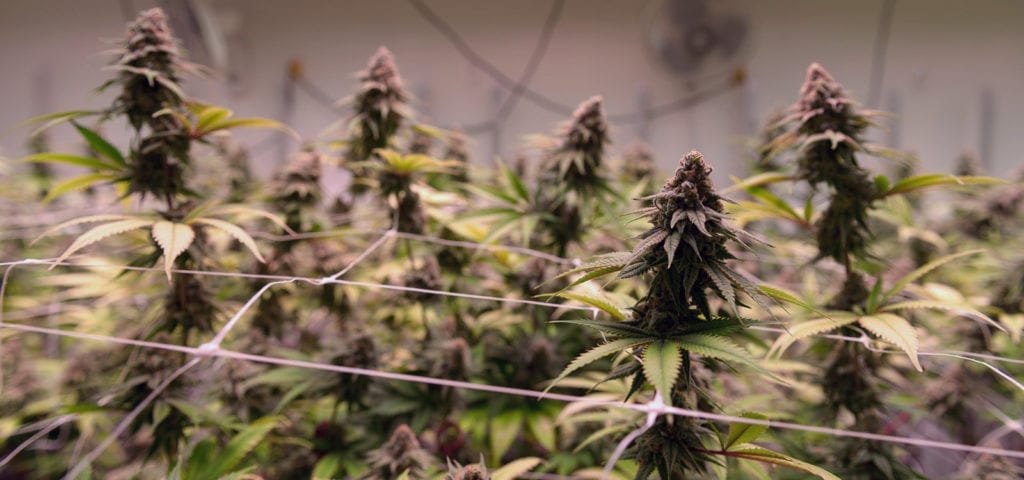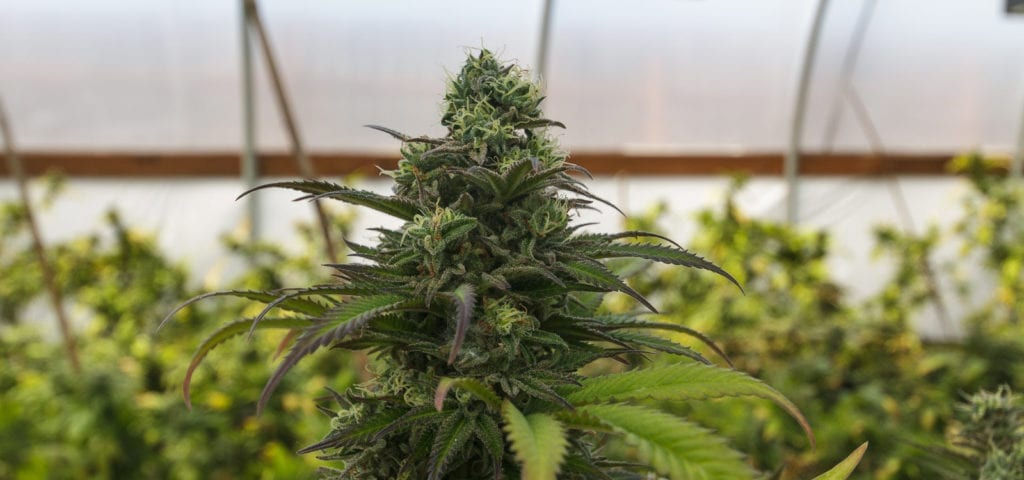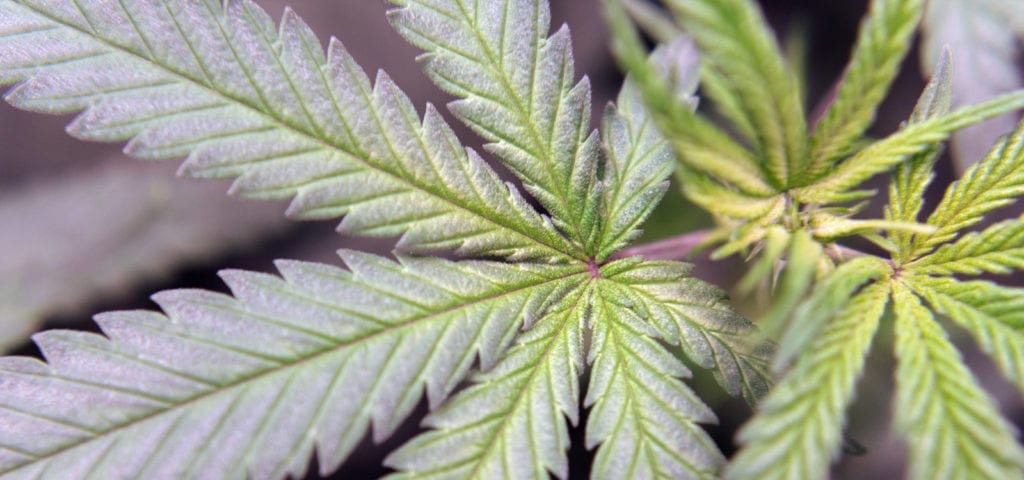Anthony Franciosi is Head Grower for Honest Marijuana Company, a Colorado-based producer of medical and adult-use cannabis.
Colorado is often considered the pioneer state for cannabis legalization — so we recently checked in with Anthony to see how things are going in the state and talk about what it takes to grow top-shelf products in a competitive marketplace. Check out our Q&A below, where Anthony weighs in on Colorado’s dropping wholesale prices, what it takes to be a commercial cannabis grower, what it’s like managing and growing with a team of other cultivators, and more!
Ganjapreneur: How did you first get started as a professional grower in the cannabis industry?
Anthony Franciosi: When I moved to Colorado in early 2008, the medical program in the state was just taking off and I got a medical card so I could start growing my own medicine for pain management. I also worked as a landscape irrigation technician for a number of years doing large scale gardening projects. As time went on the two things kind of merged together and I was able to connect with the right people to start growing organic cannabis commercially.
For outsiders to Colorado’s cannabis industry, what should they know about the space? And how would you describe Honest Marijuana Company to them?
Colorado’s cannabis industry is extremely competitive and the amount of innovation taking place in such short times frames is pretty amazing. As time goes on, more and more large scale operations have come online and it is sort of flooding the market with large scale commercial cannabis grown with cheap ingredients in huge facilities. Honest Marijuana Company is focused on staying craft and creating cannabis products grown from sustainable inputs without harmful pesticides or chemicals. We use the very best practices from seed to harvest and then package our products in the best packaging solutions so that our end customer can experience the products the way we intended for them to. Without any adulteration or handling the way we would expect it to be if we were growing it for our own medicine.
With wholesale cannabis prices often plummeting within legalized industries throughout the U.S., how are you able to keep your revenue from doing the same?
We have stayed true to our ethos and maintained the highest standards for our grow and for our post production to maintain a quality that is not really seen throughout the whole space. By creating innovative new products like the Honest Blunt we have also been able to keep people interested and give them a unique pre roll that is all natural and has the same smoking experience you would expect from a typical blunt but without any harmful ingredients like tobacco or nicotine. The blunts themselves are rolled on a refurbished cigar machine that we have retooled to roll some of the most consistent and tasty preroll options out there. Wrapped in an all natural hemp and filled with our all natural in house blend to create an awesome smoking experience. We sell them in a sleek and sturdy tin which is great for camping, biking, concerts, backpacking etc.
Do you work with assistants and/or other cultivators? How many, and what are their jobs?
We have a guy who is the head of the vegetation stage of growth. He is the sole person who takes cuttings and maintains health from the time cuttings are taken and seeds planted to the time the plants move into flower. We have another person who takes care of the flower rooms and manages all the feedings, pruning, and trellising. That person has one assistant who helps with all of those same things. Lastly we have a harvest manager who oversees the harvesting, drying, and curing stages of the process. The last part is every bit as critical as the first and by breaking down the departments that way our grow team have very specific and highly nuanced skill sets that all culminate in the end product in the can.
As Head Grower, what does a typical workday look like for you?
Nowadays my day consists more of organizing the tools for the team to take care of everything. Compliance, inventory, packaging and customer relations are taking up more and more of my time but when the grow needs a little catching up on anything I jump in to maintain the flow of the garden.
What are some of the biggest misconceptions about being a master grower in Colorado?
It’s probably a little more glorified than the job actually deserves. It is labor intensive and there are a lot of menial tasks like cleaning and pruning that aren’t the most exciting however they are absolutely neccesary and being passionate about the plant is the only way to keep yourself motivated and working at the highest level.
What do you think are the most important skills for a successful cannabis grower?
You have to love what you do and be willing to sacrifice to make your garden your baby and nurture it that way. Plants don’t recognize bank holidays and there are a lot of times you have to put the plants first over anything and there is no way around it. Being humble is a big part of it. There are so many different ways to grow and so many different personalities working together. If your not willing to listen to people and work as a team things tend to fall apart pretty quickly. IPM programs get missed, waterings are not consistent, things just go downhill.
What has been the biggest challenge or obstacle you’ve had to overcome so far?
The biggest obstacle for us so far has been the vertical integration throughout the industry. We are a wholesale operation and many storefronts have their own grow facilities so they are hesitant to carry other products from other brands if they are sitting on their own. By creating unique and high quality products we have been able to find retail partners who believe in what we do and help us share the organic products we provide.
And what is the most rewarding experience you’ve had as a master grower?
The most rewarding thing about providing all natural cannabis to the Colorado market is just the feedback you get when you talk people who use the products and love it and appreciate the hard work of our team and the efforts we make to create a product people can believe in that is truly craft and truly all natural. When you hear those kind of testimonials that people enjoy what your doing and your helping them in some way to enjoy themselves or to relax or heal or whatever it may be, that makes it fun.
Colorado was the first pioneer of adult-use legalization — how are things going for the industry, and what do you think the future Colorado cannabis industry will look like?
The industry is moving along at a rapid pace but it is still living up to what Coloradans hoped it would be. It is a highly regulated safe market place that cares a lot about the plant. In the future I think you will see a greater distinction between what is truly a craft product and products that are massed produced with cheap and harmful systems — similar to the craft beer industry or to the wine industry.
What advice would you offer to somebody who wants to become a commercial cannabis cultivator?
In order to be successful, you must have an unfaltering passion for your business and the goal you hope to achieve with your products or services. With strong passion, you can overcome countless obstacles and ensure your business aspirations come to fruition. You must do something that you truly care about and love, so it isn’t just a means to make money. Another thing I recommend all business owners to do is constantly tell yourself what you need to get better at, recognize what you are good at, and seek out new things to learn.
Cultivating a successful partnership sometimes means admitting what you don’t know. Acknowledging that you may not have every answer allows for the right questions to then be asked so that the team can acquire the neccessary information to go on and be successful.
While good news is always a welcome relief to partners, it’s the bad news that needs to be communicated right away. The only way to navigate potential setbacks is to identify them as quickly as possible and begin troubleshooting before the problem happens. Smooth seas are always nice to hear about but are not likely to sink the ship. By communicating potential issues clearly, you avoid last minute surprises.
Thank you, Anthony, for taking the time to share your thoughts and experiences as a Colorado cannabis cultivator! You can learn more about Anthony Francioso and Honest Marijuana Company at HonestMarijuana.com.




